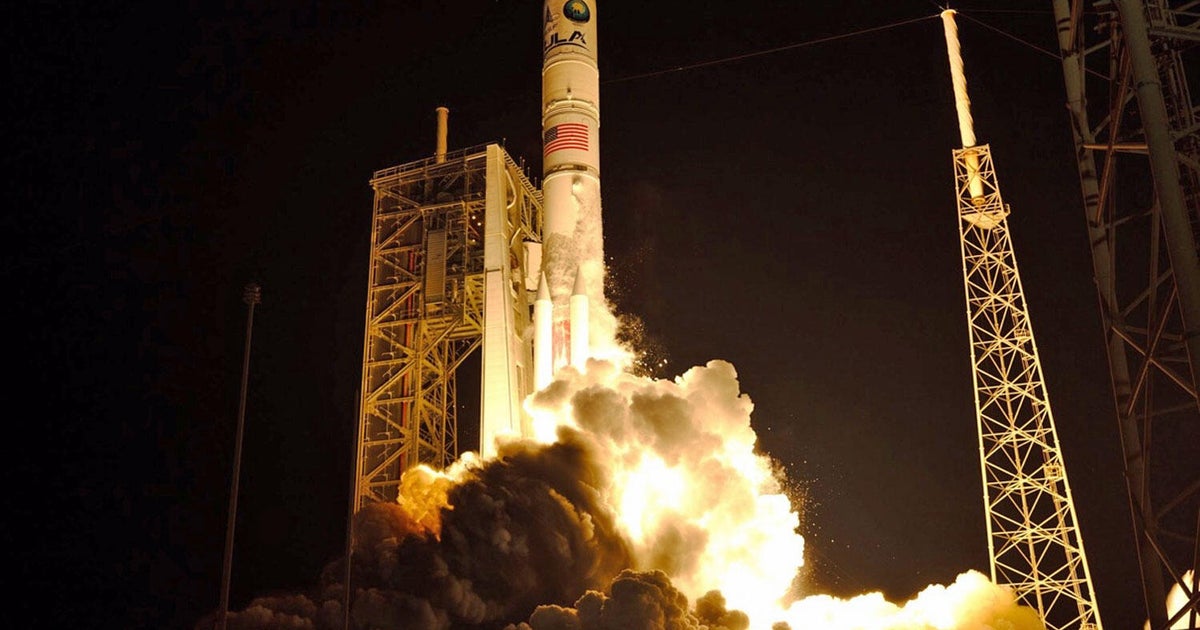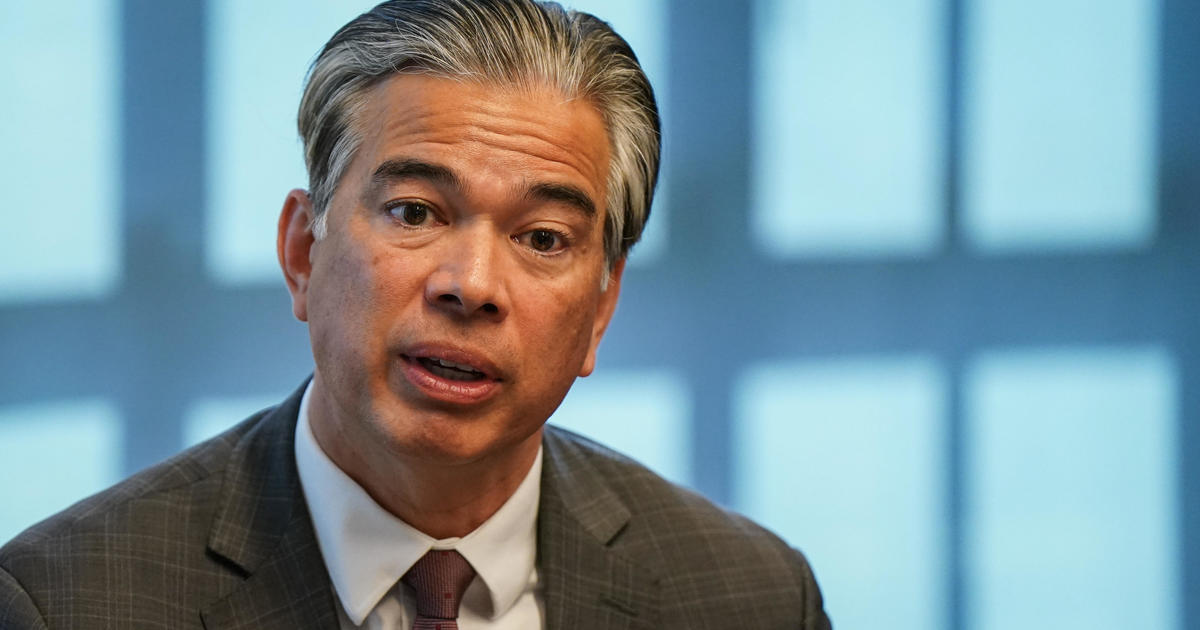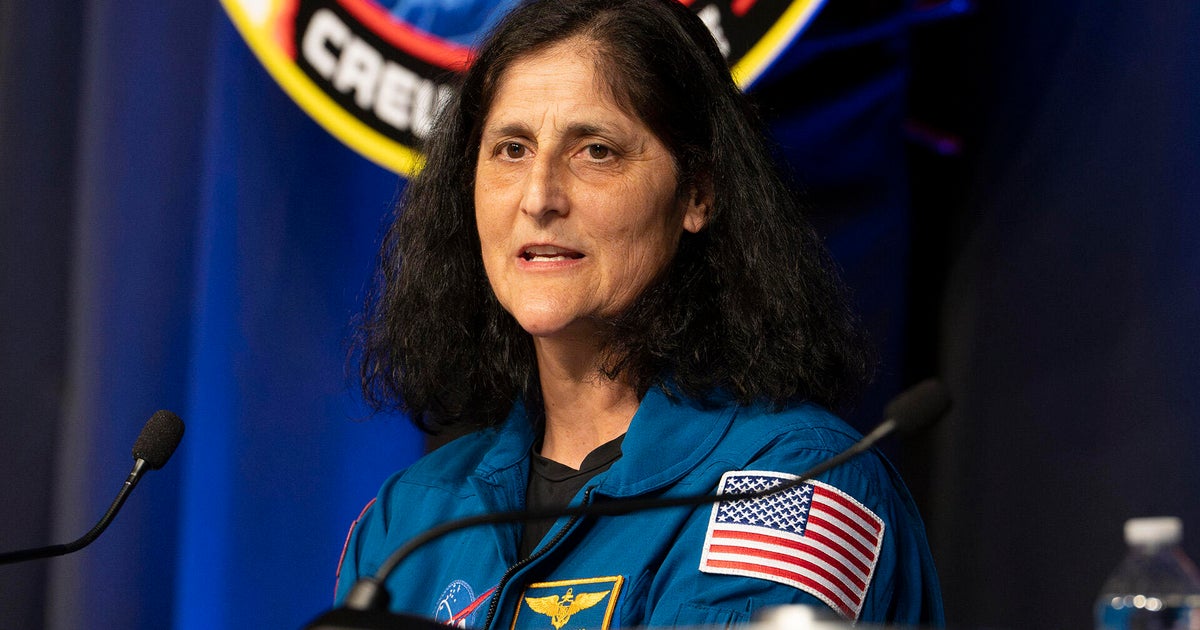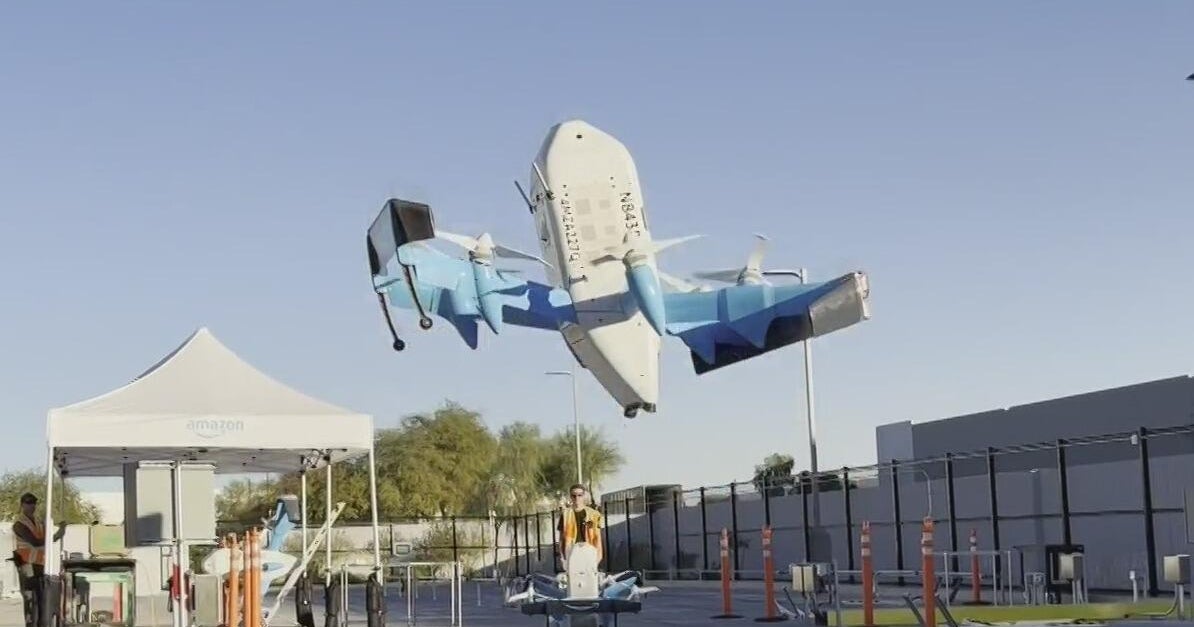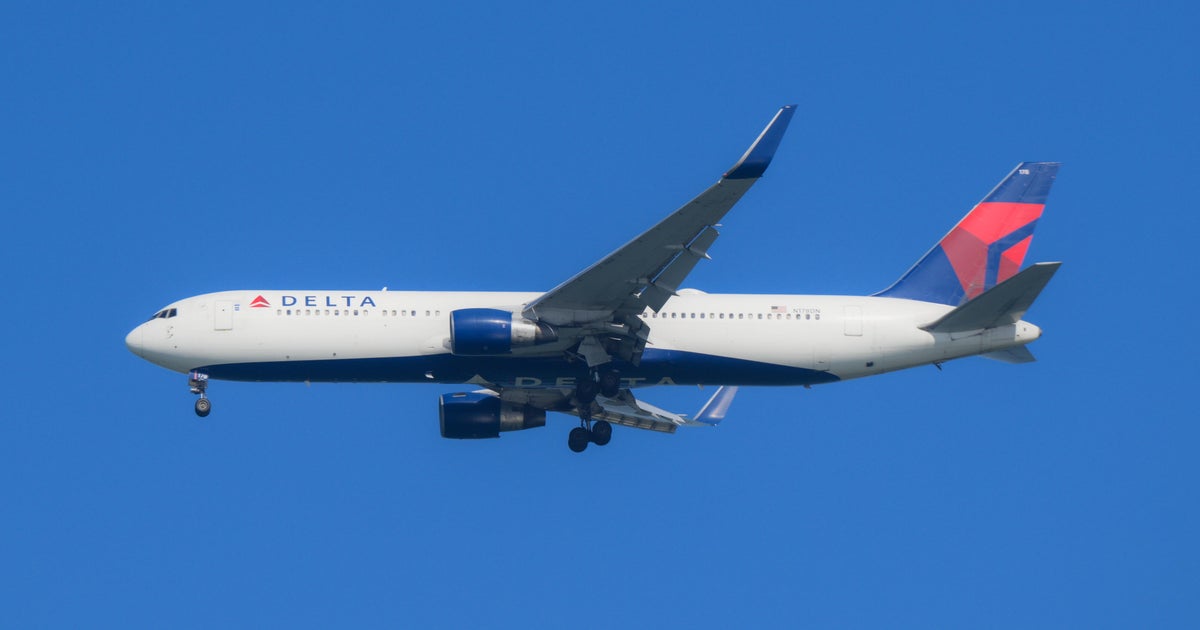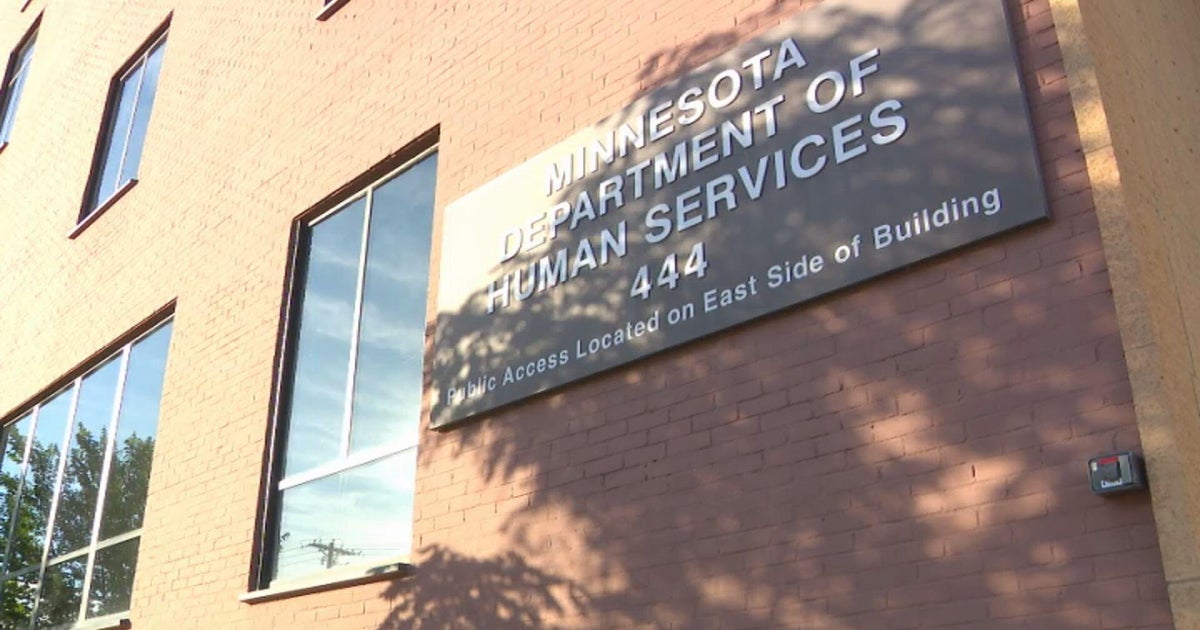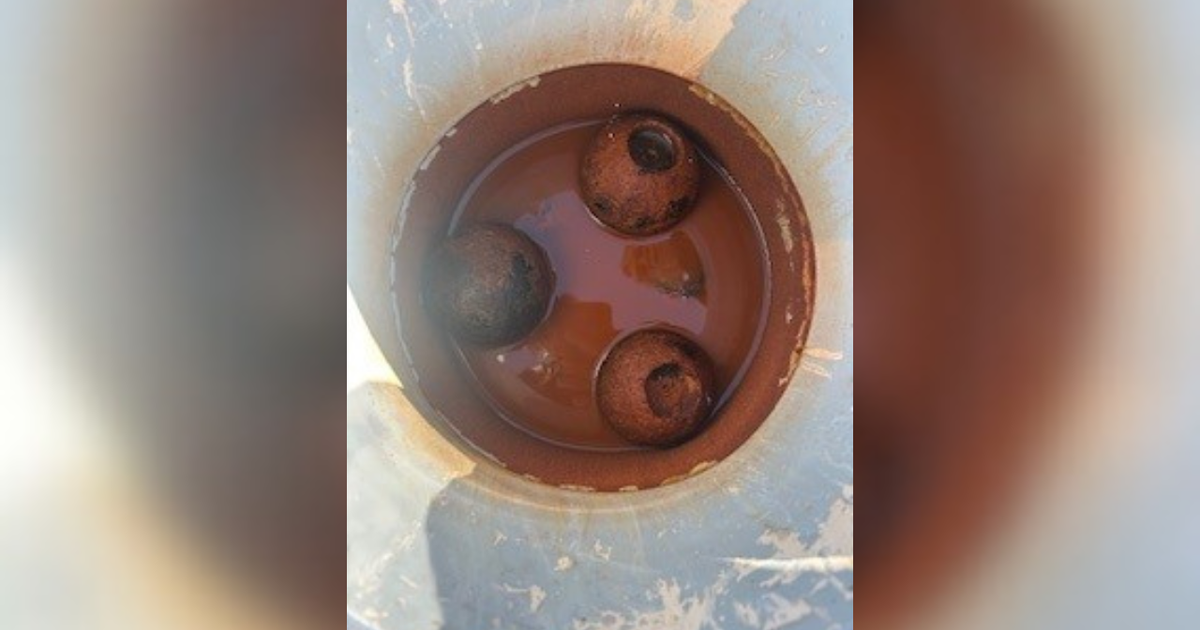Spacex Dragon Capsule Launched To Space Station
CAPE CANAVERAL (CBSMiami/AP) – SpaceX's Falcon rocket roared into space Sunday evening from Cape Canaveral carrying a Dragon capsule packed with supplies for the International Space Station.
It was the second launch of a Dragon capsule to the orbiting lab by the California-based SpaceX company. The first was last spring. This time was no test flight, however, and the spacecraft carried 1,000 pounds of key science experiments and other precious gear on this truly operational mission. There was also a personal touch: chocolate-vanilla swirl ice cream tucked in a freezer for the three station residents.
Officials declared the launch a success, despite a problem with one of the nine first-stage engines.
The rocket put Dragon in its intended orbit, said the billionaire founder and chief executive officer of SpaceX, Elon Musk.
"It's driving its way to station, so that's just awesome," noted SpaceX President Gwynne Shotwell.
In more good news, a piece of space junk was no longer threatening the station, and NASA could focus entirely on the delivery mission.
NASA is counting on private business to restock the space station, now that the shuttles have retired to museums. The space agency has a $1.6 billion contract with SpaceX for 12 resupply missions.
Especially exciting for NASA is the fact that the Dragon will return twice as much cargo as it took up, including a stockpile of astronauts' blood and urine samples. The samples — nearly 500 of them — have been stashed in freezers since Atlantis made the last shuttle flight in July 2011.
The Dragon will spend close to three weeks at the space station before being released and parachuting into the Pacific at the end of October. By then, the space station should be back up to a full crew of six.
None of the Russian, European or Japanese cargo ships can bring anything back; they're destroyed during re-entry. The Russian Soyuz crew capsules have limited room for anything besides people.
Space Exploration Technologies Corp., or SpaceX — owned by PayPal co-founder Musk — is working to convert its unmanned Dragon capsules into vessels that could carry astronauts to the space station in three years. Other U.S. companies also are vying to carry crews. Americans must ride Russian rockets to orbit in the meantime, for a steep price.
Musk, who monitored the launch from SpaceX Mission Control in Hawthorne, Calif., called the capsules Dragon after the magical Puff to get back at critics who, a decade ago, considered his effort a fantasy. The name Falcon comes from the Millennium Falcon starship of "Star Wars" fame.
(TM and © Copyright 2012 CBS Radio Inc. and its relevant subsidiaries. CBS RADIO and EYE Logo TM and Copyright 2012 CBS Broadcasting Inc. Used under license. All Rights Reserved. This material may not be published, broadcast, rewritten, or redistributed. The Associated Press contributed to this report.)
